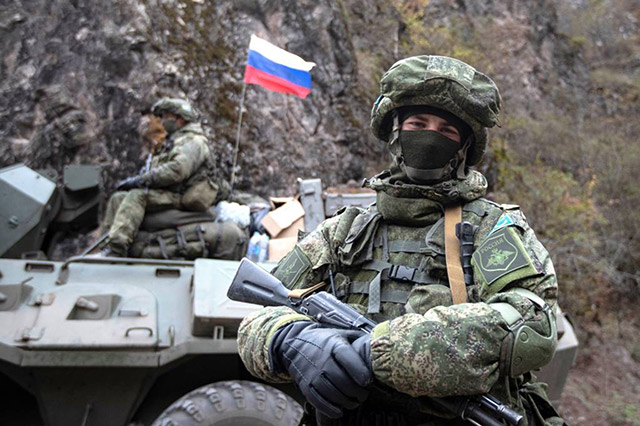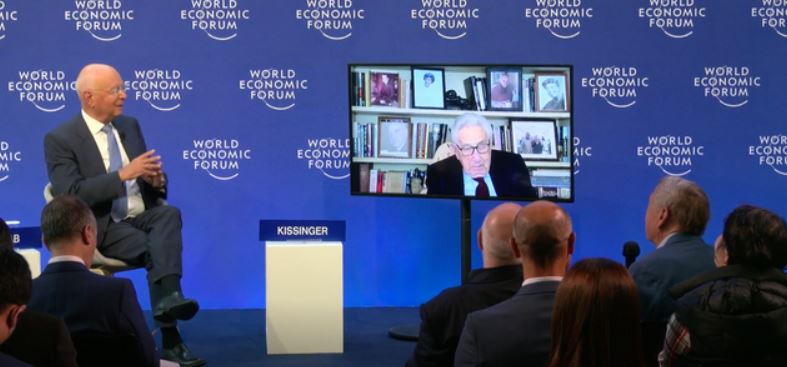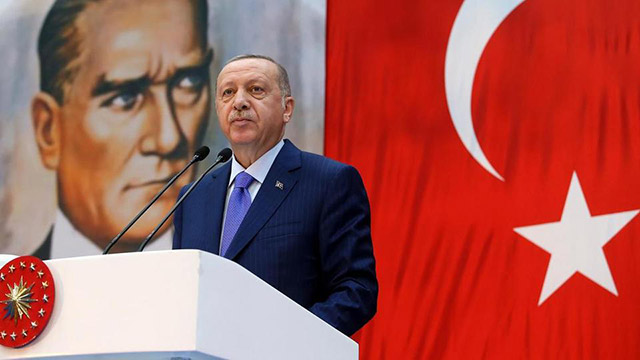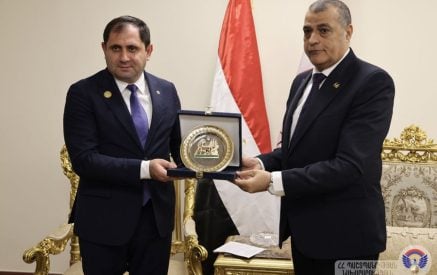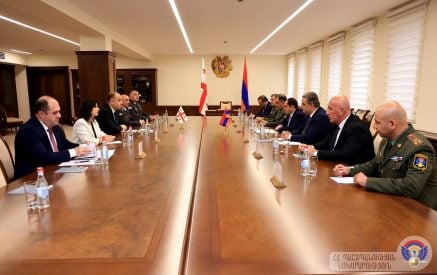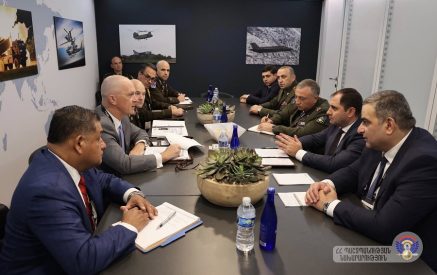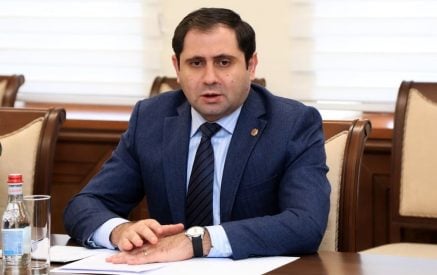Historian and former diplomat Jirayr Liparityan, French-Armenian political scientist Talin Papazyan, and French-Armenian business leader and analyst Robert Aydabiryan have published a report called “White Paper” after 8 months of research and large-scale consultations. It examines in detail and in depth the rifts that led to war and defeat in the 44-day war.
The research includes a summary of the views of approximately 45 Armenian experts and analysts around the world on the causes, conduct, and consequences of the war. During the discussion organized by the Media Center on October 6th, Jirayr Liparityan mentioned that we must seriously and honestly evaluate the mentality that led to defeat in the war- the mentality of ignoring and replacing reality with our dreams- so that we can avoid repeating the same mistake. Liparityan said that the document was sent to all political forces and official structures in Armenia, and many did not respond. He thinks that the reason for the silence may be that it is a difficult document; it is not so easy to read and digest, and it is difficult to accept the weight of this document.
According to Jirayr Liparityan, Russia has always worked in parallel with the OSCE Minsk Group, and in recent years it was clear. “Russia was formally working with the Minsk Group co-chairs, and Russia was doing something, they confirmed it. That is how the November announcement ended. Now the role of Russia has increased and the role of France and the United States has gone to Turkey. Russia, which is our ally, has a bigger role than before with Azerbaijan regarding what will happen to the rest of Artsakh.”
Read also
Mr. Liparityan mentioned that we should have a second “plan” in our policy: if the Russians leave Artsakh, what will happen, because Azerbaijan has the right to tell the Russians to leave years later. According to Mr. Liparityan, it is necessary to analyze what reasons the West has for returning to the region. For example, one of the reasons is that the OSCE and the Minsk Group, according to Liparityan, are concerned that they were left out of the process, and therefore failed in the mission given to them in 1992. “Now, they will want to argue that they didn’t fail, and they are part of this. This is not a good reason for them to come back. The other is that they think that they should come to the region using Karabakh as an excuse to reduce Russia’s influence- in other words, to introduce the Cold War mentality, a policy that is not useful for us. This is important when we think not only about what the West can do, but also what it should not do to complicate the issue.”
Nelly Babayan




















































